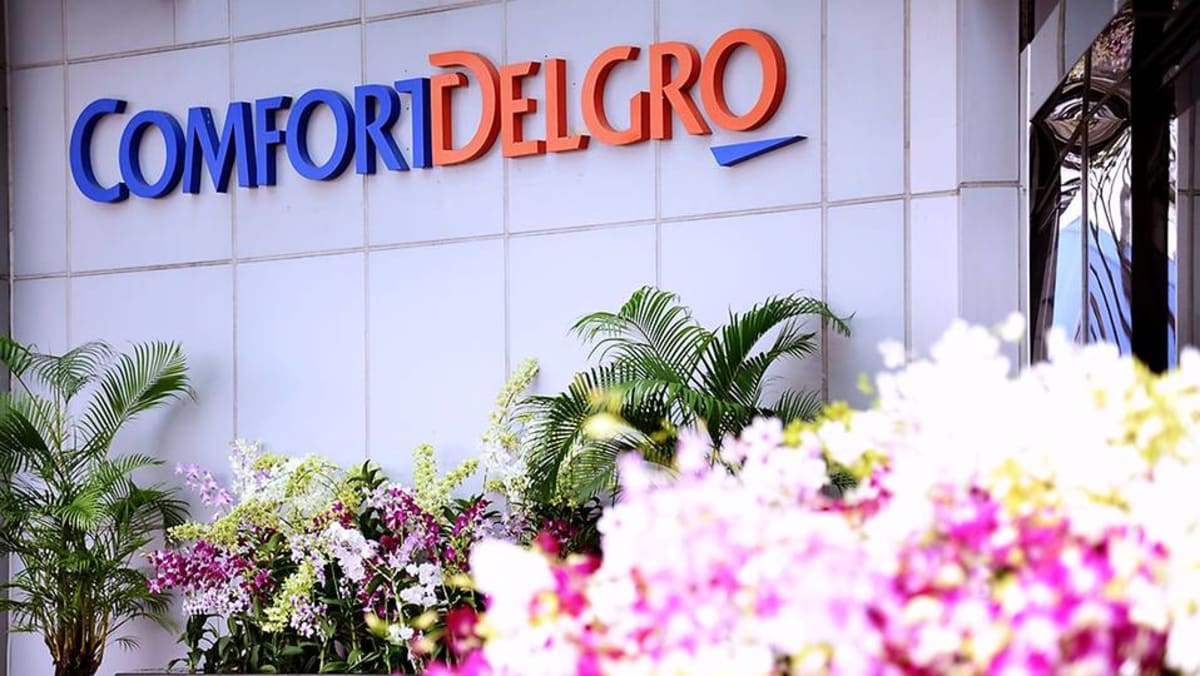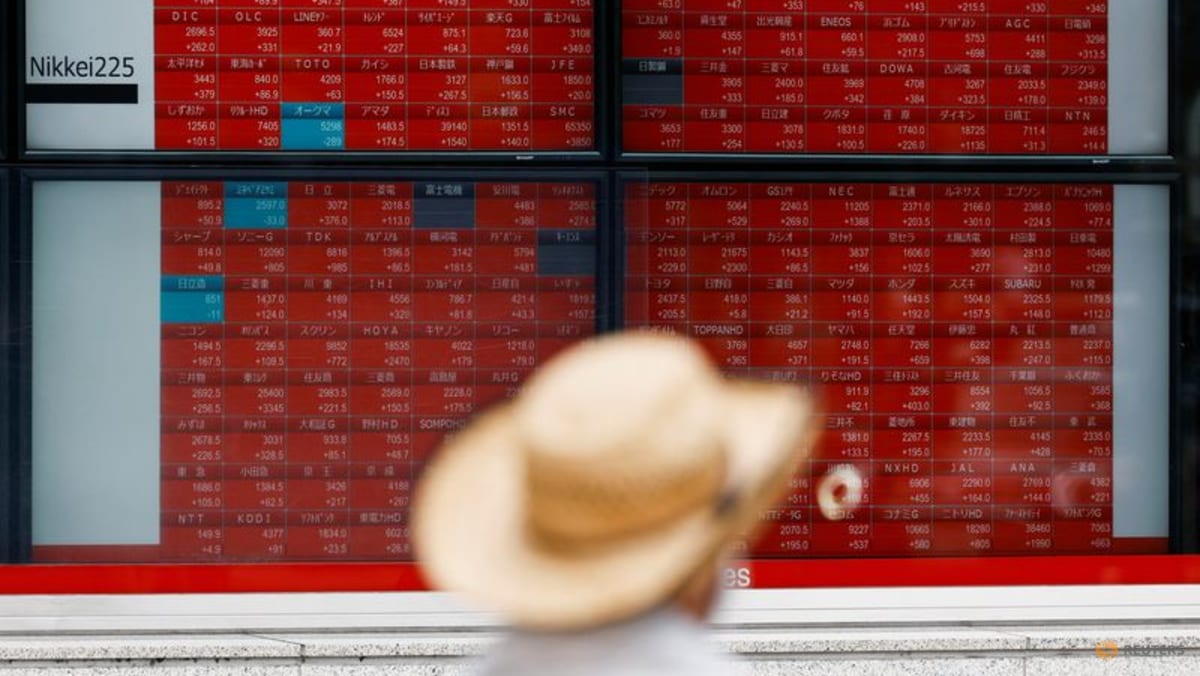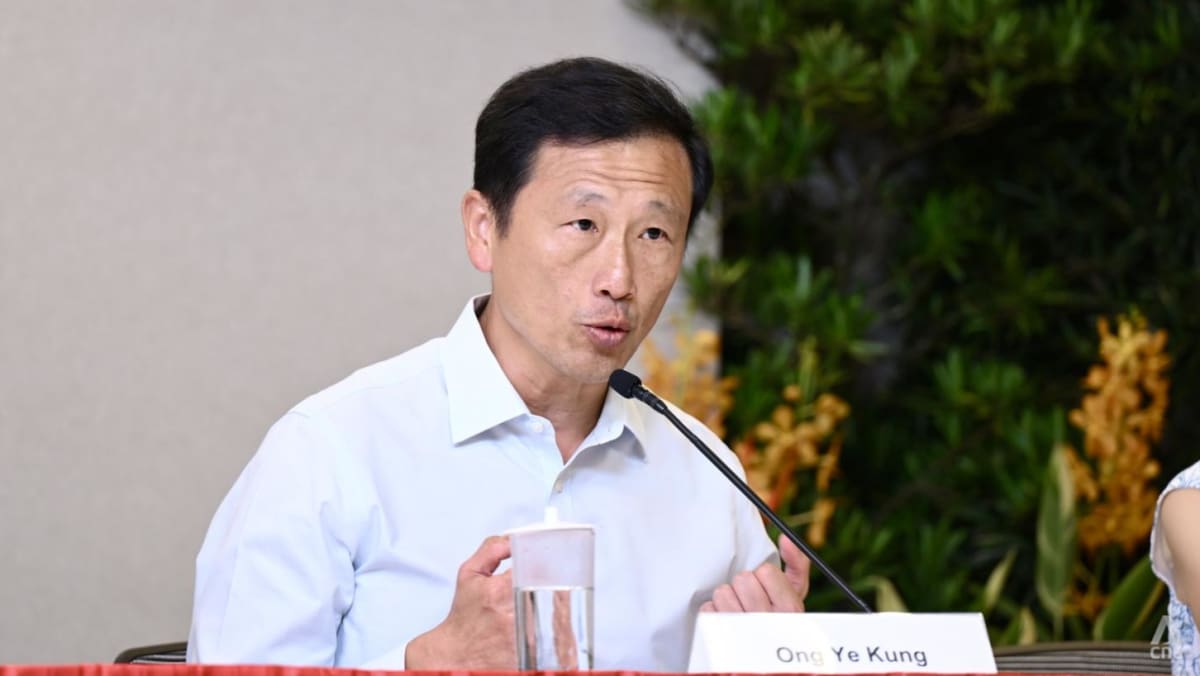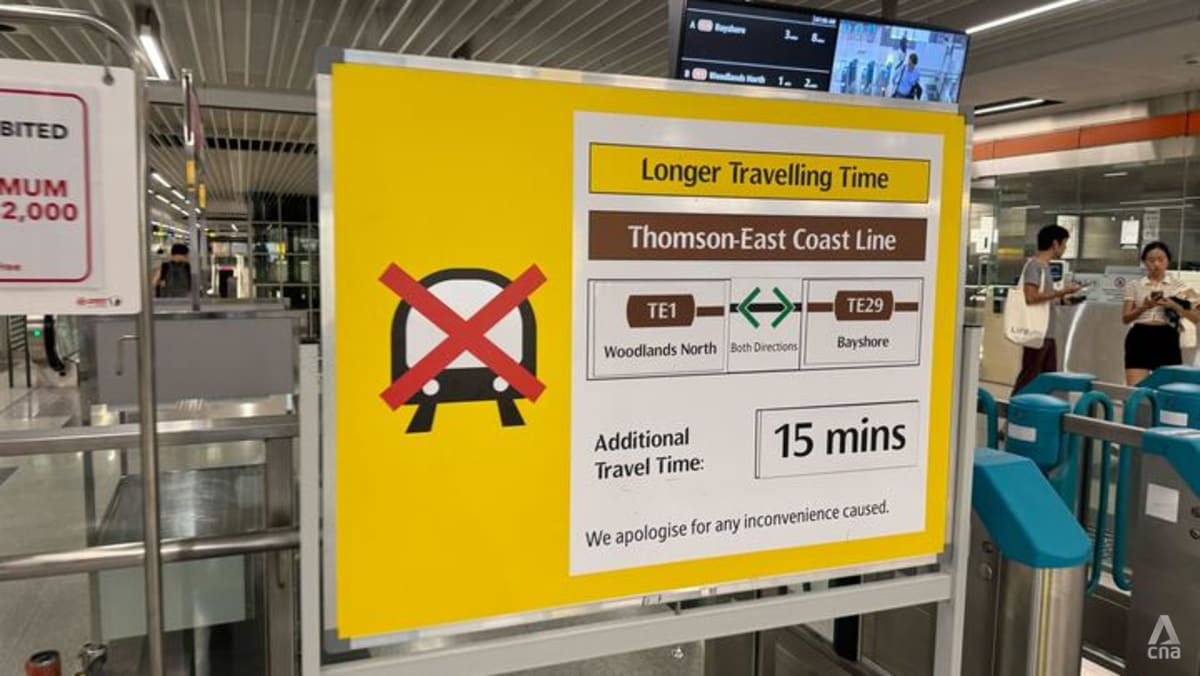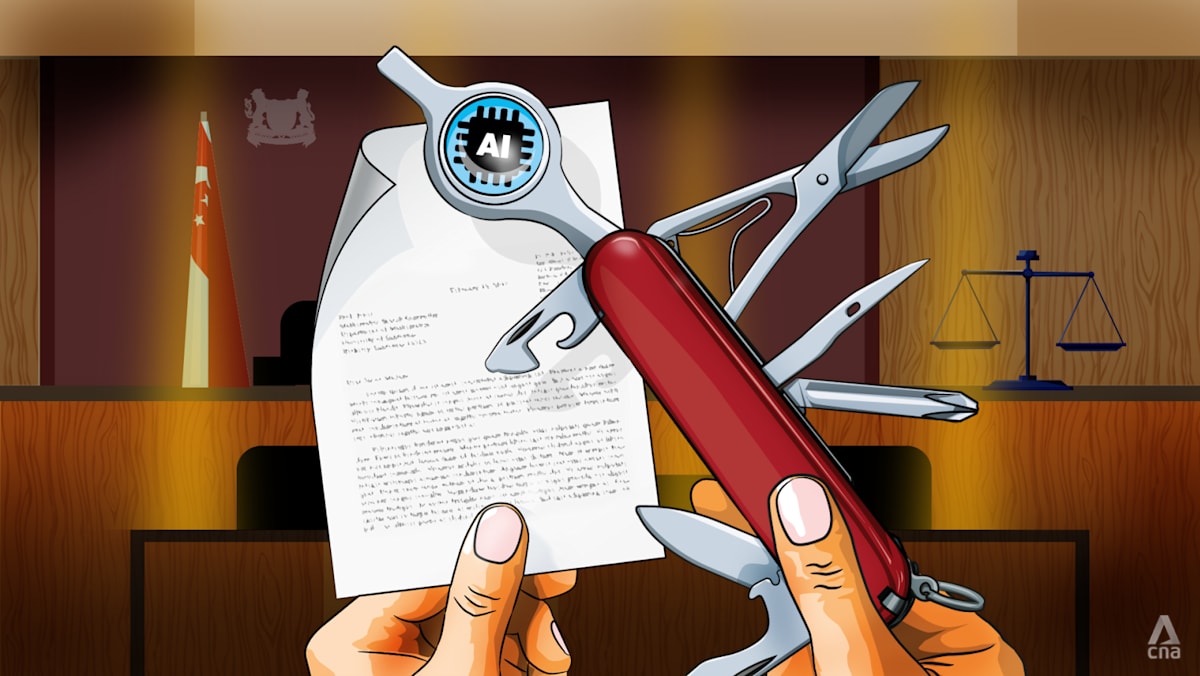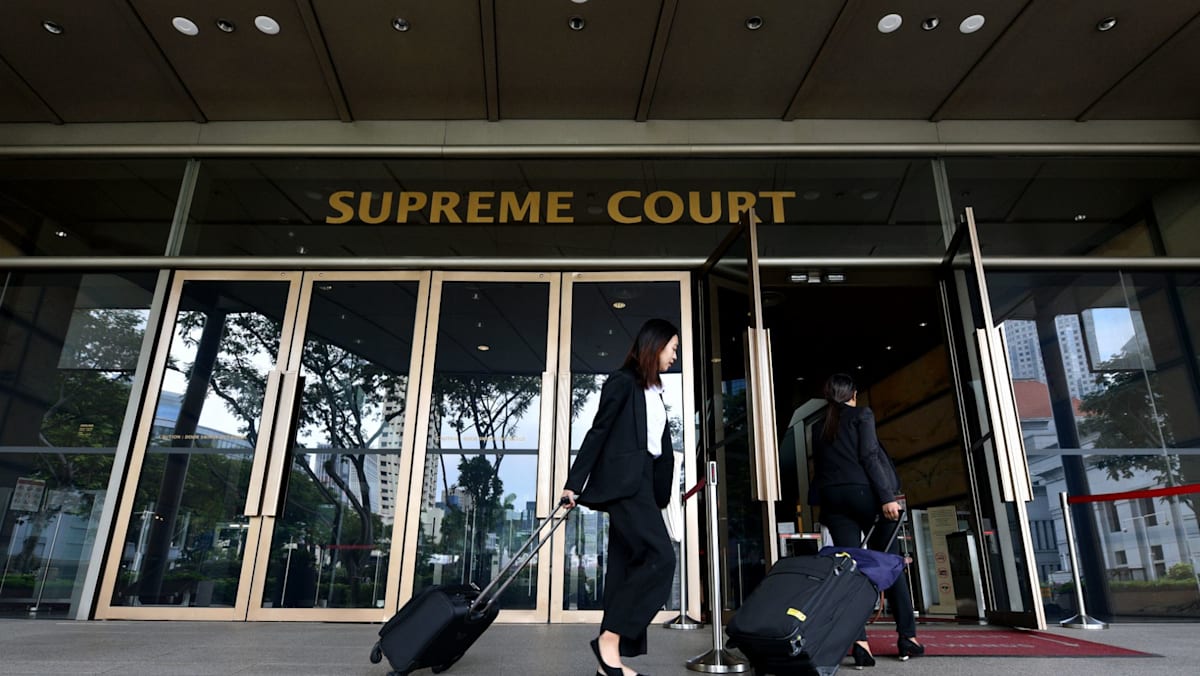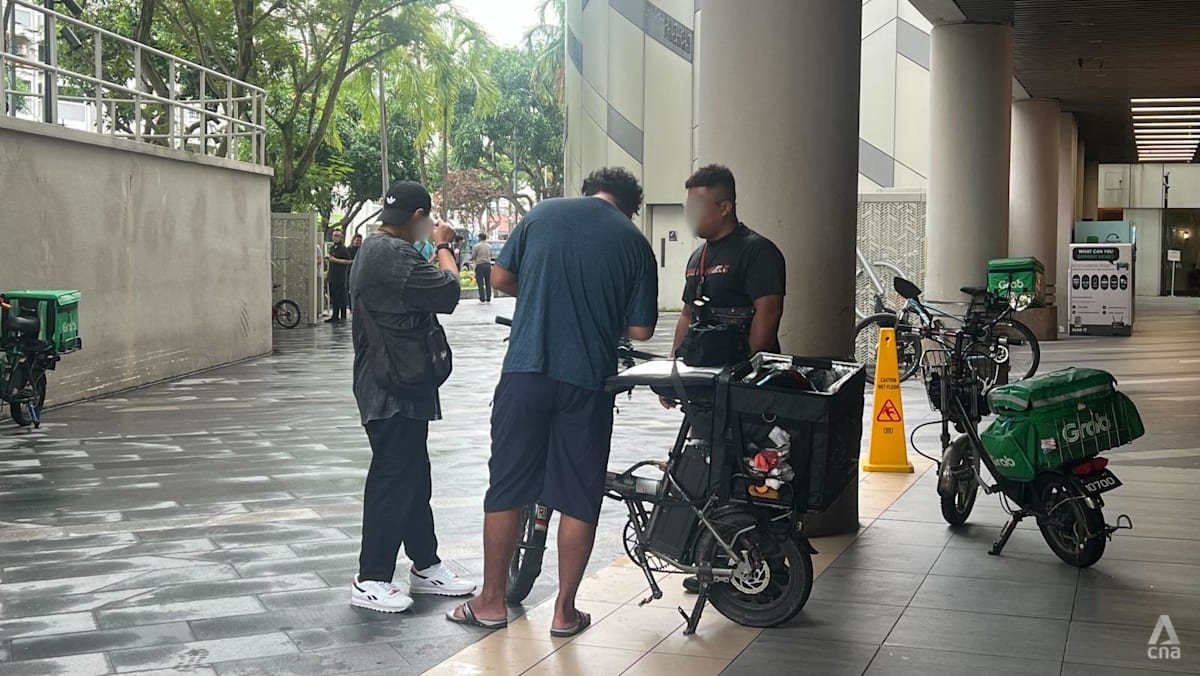SINGAPORE: The current state of private insurance and private healthcare is unsustainable, said Health Minister Ong Ye Kung on Tuesday (Jul 1), as he spoke of a “knot” in the relationship between the insurers and private hospitals.
Mr Ong was giving the Ministry of Health (MOH)’s perspective on Great Eastern’s suspension of its pre-authorisation certificates for admission to Mount Elizabeth hospitals since Jun 17.
The insurer said then that the move is part of the its “ongoing efforts to manage rising healthcare costs and ensure long-term affordability for all policyholders”, citing its observation that over the past few years, “certain private hospitals have been charging significantly more for similar treatment”.
In a Facebook post on Tuesday, Mr Ong said that private health insurers and private hospitals have “gotten themselves tied up in a knot, to the detriment of all stakeholders, including patients”.
The “knot” came about in big part due to insurance design, he said. “Insurers know that policyholders are worried about incurring an unexpected huge hospital bill, so they launch insurance products that offer generous coverage to win customers and market share.”
These products include “as-charged” or no-limit coverage, as well as riders – add-ons to the insurance plan – that will cover almost all costs.
In such cases, as insurers are footing almost the entire bill, there is the tendency to “use more than is necessary”, said Mr Ong, calling it “human nature”.
To illustrate this point, he said that the likelihood of a patient with such riders making a claim is 1.4 times that of a patient without one, and the size of the claim is also on average 1.4 times more.
This leads to higher claims and insurers realising that the premiums they collect can no longer cover those claims.
Insurers then respond by introducing more safeguards into the claims process, such as suspending pre-authorisation for hospitals with higher claims or entering into panel arrangements with doctors, he said.
They also respond by raising premiums, he said, noting that premiums for riders have increased sharply over the past few years.
This causes policyholders, insurers, doctors, and hospitals to all be caught in a “knot”.
“Policyholders are naturally unhappy that they are paying rising premiums but with more restrictions. Healthcare providers are finding it more cumbersome to make claims. Insurers are struggling to stay viable for their health portfolios.
“As for (the) Government, with all these developments, we can see that more patients with private insurance are opting for subsidised public health care,” said Mr Ong.
He added that this will increase the pressure on the public healthcare system, noting that public healthcare currently accounts for about 80 per cent of hospital beds in Singapore but provides care for 90 per cent of all inpatients.
“No one is happy.”
